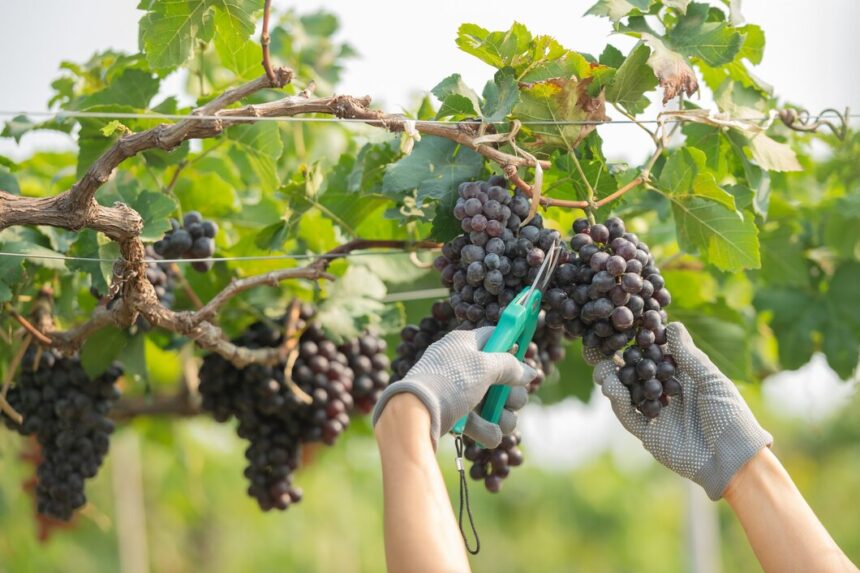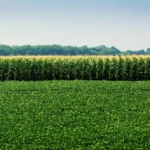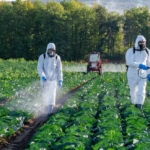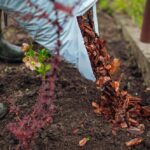The Western Cape, a region nestled between the Indian and Atlantic Oceans, is a tapestry of diverse landscapes and climates. This unique combination makes it a prime location for agriculture, contributing significantly to South Africa’s agricultural tapestry. In this article, we delve into the most suitable crops that thrive in the Western Cape’s conditions, showcasing the agricultural richness that defines this picturesque province.
1. Wine Grapes:
Terroir and Terroir, Everywhere: The Western Cape is globally renowned for its wine production, and its Mediterranean-like climate is the secret behind the world-class wines that emerge from regions like Stellenbosch, Franschhoek, and Constantia. The cool, wet winters and warm, dry summers create optimal conditions for cultivating a variety of grape varietals.
2. Citrus Fruits:
Sun-Kissed Oranges and Lemons: The subtropical and Mediterranean climate of the Western Cape provides an ideal environment for growing citrus fruits. From oranges to grapefruits and mandarins, the region’s abundant sunlight and well-draining soils foster the flourishing of citrus orchards.
3. Apples and Pears:
Crisp Delights from the Valley: The cool winters and moderate summers of the Western Cape make it a haven for deciduous fruit cultivation. The Elgin Valley, often referred to as the “Valley of Apples,” produces high-quality apples and pears. The altitude of certain areas contributes to the chilling hours necessary for excellent fruit production.
4. Olive Groves:
Liquid Gold from the Western Cape: Olive groves thrive in the warm, dry summers of the Western Cape, resulting in premium olive oil production. Regions like the Riebeek Valley are celebrated for their olives, benefitting from the region’s well-drained soils.
5. Rooibos Tea:
From Fynbos to Teacup: Indigenous to the Western Cape’s fynbos biome, rooibos thrives in the region’s sandy soils and distinctive climate. Cederberg, a mountainous area within the Western Cape, is at the heart of South Africa’s rooibos cultivation, producing this beloved herbal tea with numerous health benefits.
6. Proteas and Fynbos:
Floral Treasures of the Cape: The Western Cape’s fynbos biome is a biodiversity hotspot, home to unique plant species, including proteas. These indigenous plants contribute to the global floral industry, with proteas being particularly popular in floral arrangements.
7. Potatoes:
Swartland’s Potato Bounty: Certain areas of the Western Cape, like the Swartland region, are well-suited for potato cultivation. The sandy soils and moderate climate contribute to successful potato farming, with the province playing a significant role in South Africa’s overall potato production.
8. Tomatoes and Vegetables:
A Bounty of Fresh Produce: The diverse microclimates in the Western Cape make it an ideal location for growing a variety of vegetables. Tomatoes, in particular, thrive in regions with well-drained soils and access to irrigation, contributing to the province’s reputation for quality produce.
9. Berries:
Cool Climates, Sweet Rewards: The cool climates in certain Western Cape regions make them conducive to berry cultivation. Blueberries, strawberries, and raspberries flourish, with the Western Cape playing a crucial role in South Africa’s growing berry industry.
10. Honeybush Tea:
A Local Herbal Infusion: Native to the Western Cape, honeybush is a plant used to produce a caffeine-free herbal tea. The region’s unique climate and soils provide an ideal environment for cultivating honeybush, offering a distinctive and flavorful tea option.
The Western Cape stands as a testament to the harmonious interplay of climate, soil, and geography, creating an agricultural haven for a diverse range of crops. From the vineyards producing award-winning wines to the fields yielding nutritious potatoes, the Western Cape’s agricultural landscape is a tapestry of abundance. As farmers continue to harness the region’s unique conditions, the province remains a vital contributor to South Africa’s agricultural legacy.









